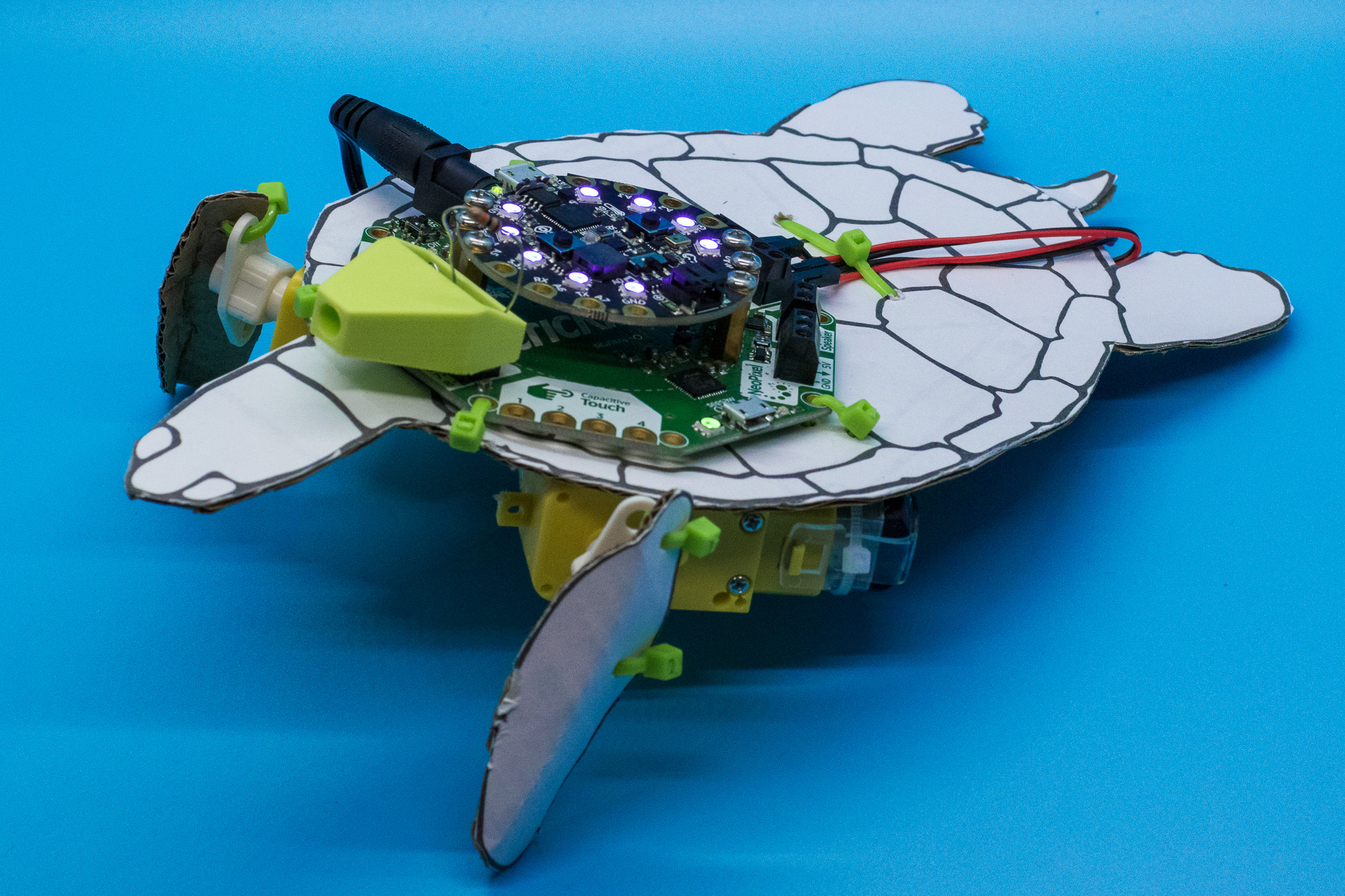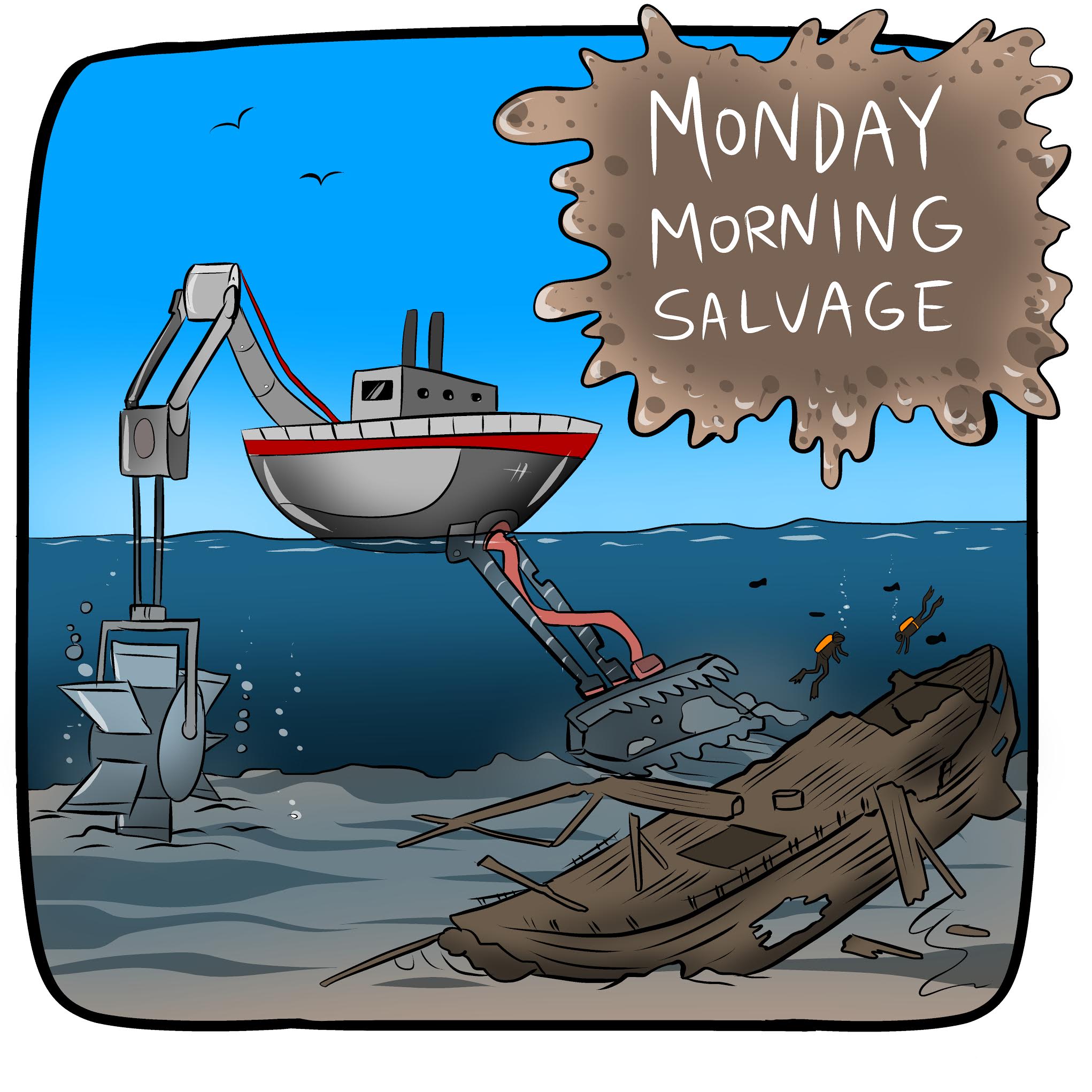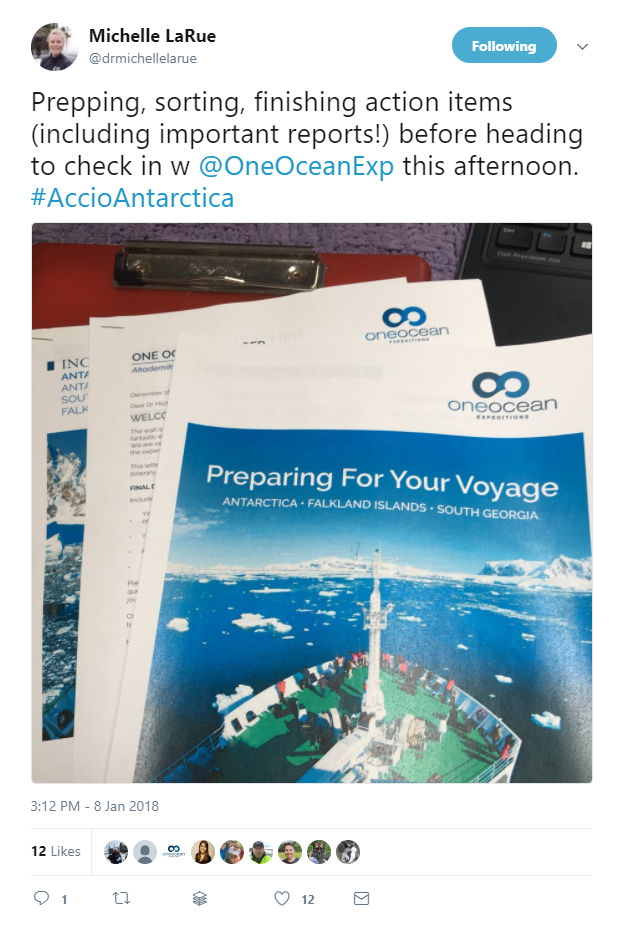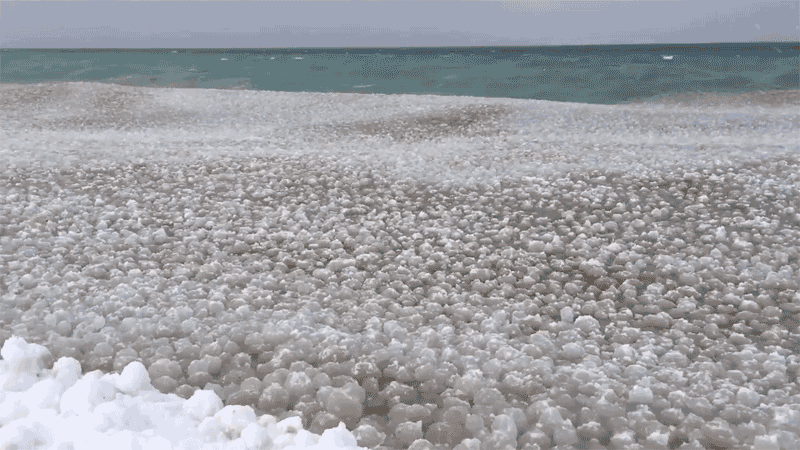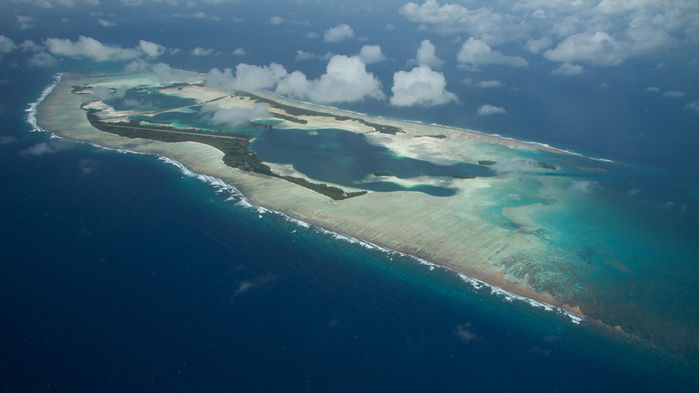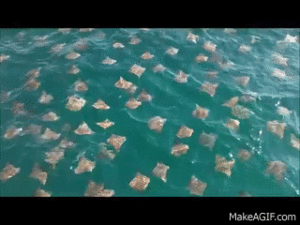Sea turtles, in case you didn’t know, are pretty great. These giant marine reptiles have been chilling out in the ocean for over 100 million years, largely unchanged. But their evolutionary foray onto land along with the rest of the tetrapods (a move largely regarded as a mistake by most extant species) left them with one one critical vulnerability: they have to return to land to lay their eggs, and their hatchlings must survive a grueling march to the sea within minutes of emerging into the world.
To find their way back to the sea, sea turtle hatchlings emerge from their nests in the darkness and track light cues on the horizon, tracking the glow of starlight on waves. This becomes a huge problem when the beach is littered with the pollution of artificial lights, leading hatchlings away from the sea and towards streets, resorts, and beachfront bars. Light pollution is such a serious problem for sea turtle survival, that many municipalities which host turtle nesting beaches ban the use of superfluous lighting during nesting season.
Protecting sea turtle nests and nesting sea turtles, particularly the massive, primordial leatherback sea turtle, is a core mission of the Dominica Sea Turtle Conservation Organization (DomSetCO). Leatherbacks are exceptionally sensitive to light. On the top of their heads is a translucent patch of skin directly above the pineal gland. This window to the turtle’s brain serves as a rudimentary third eye which can sense how light changes.
You can help support DomSetCO by donating to our campaign to build the Rosalie Conservation Center, a hybrid rum distillery, fish hatchery, and conservation center in Dominica. Drink rum, save turtles.
